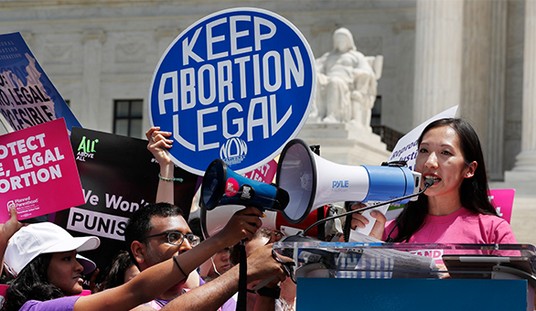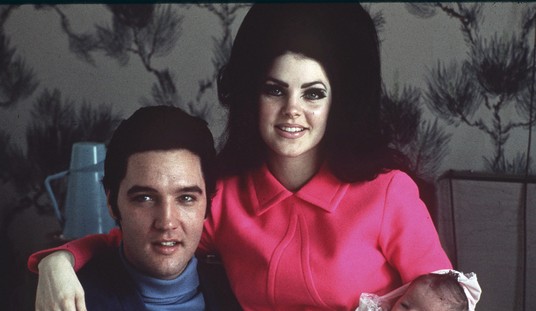
America’s favorite discount brew was nearly downed and left for foam.
Some may not have been aware, but we were just on the verge of losing an American institution. Among the beer drinking set there was some deep concern that Pabst Blue Ribbon – that stalwart low-brow non-master brew – might no longer be in existence. Due to a lingering corporate battle Pabst, the company behind its eponymous Blue Ribbon and over a dozen other discount beers, was on the cusp of no longer being in production.
Relying on an established contract with Miller-Coors to produce its various beers Pabst was facing a crisis of zymurgy as that brewing conglomerate was expressing serious interest in letting their contract lapse, with no viable alternative existing for the company that began brewing beer in the 1800s. The beer was on the verge of becoming a frat house memory.
While we are in a heady golden age of craft beer in this country within a parallel market there has been a unique resurgence with this particular label. Having worked in the beer industry I learned that sales were directly proportional to the economy, and not in ways you may expect. Good times are not always good news for brewers, and in fact the beer industry could be seen as something of an economic barometer.
As the 2008 economic crisis was taking hold the major breweries were something of a stock haven, as they saw an increase in sales when times got tough. In flush times (much like we are currently enjoying) sales actually fall off as consumers with more income tend to graduate into higher end potables. Craft beer, wine, and high-end spirits see an increase of interest.
One discount label though has been trend-averse in recent years: Pabst Blue Ribbon.
Defying all conventional wisdom the low-end brew has enjoyed boom times since the millennium, becoming a trendy selection for the younger set. Many declare this to be a hipster renaissance of sorts, but I believe it also latched on as a go-to selection for economically-challenged collegians. While a certain level of fashionable irony was attached what ultimately took root was for it to be seen as an acceptable choice for those with light wallets in need of beer pong supply or weekend football fuel.
The new fans, whether through a sense of coolness or as a form of wry rebellion, flocked to the beer as a source of commercial defiance. In a manner of the cool kids choosing a musical act on the basis of not being beloved by everyone PBR seemed to flourish despite the fact it was not a promotional darling. As the New York Times confirmed, the beer seemed to do better on the strength that the company chose not to market heavily.
After the beer was languishing to dismal numbers throughout the 1990s the beer suddenly took off. Years of steady growth soon followed and then by 2009 it experienced double-digit sales increases for years. While most of the famous lower priced beer brands saw flat sales during the economic downturn Pabst swelled as one of few success stories in the discount beer sector. By 2006 it passed the Coors label. By 2010 it outsold Sam Adams. From 2004-2011 it doubled its output.

But there is a hidden detail behind the trendy success of Pabst. Calling the company a “brewer” may be considered a misnomer — the company does not actually create its own beer. It has relied upon contract brewing in order to be able to distribute its various brands. Since 1999 the company has been in agreement with Miller-Coors to brew its variety of held labels. And that reality took the company to the brink of non-existence.
The recent lawsuit, filed by Pabst, was in response to talks by Miller-Coors that they would not be able to viably produce the Pabst portfolio of beers due to brewing capacity concerns. Pabst countered with the claim that Miller-Coors was concerned with losing market share to Pabst, and cited internal corporate documents showing they were looking for ways to get out of the agreement. The motivations of the major brewer seem to certainly be called in to question here based on one North Carolina location.

The Pabst contention Miller-Coors may be acting in bad faith has merit, based on what transpired in Eden, North Carolina. Two years ago the company closed the Triad brewery in Eden, at the time the largest in the state. If brewing capacity is a concern then closing that facility seems contrary to that claim.
Additionally Miller-Coors took a questionable decision with the closed location. Pabst – needing approximately 4-4.5 million barrels produced annually – expressed interest in buying out that property, in order to then produce its own product by the time the current contract expired in 2020. The brewery in Eden had a capacity for 9 million barrels, plenty for Pabst’s need. However, when expected to cost in the range of $100 million, Miller-Coors attached an exorbitant price tag of $750 million on the dormant facility.
Pabst argued that Miller-Coors again acted with intent to have their company disband, a charge that has validity here. Part of the reason for the Eden closure was redundant work taking place with the opening of a new facility in nearby Virginia. That brand new brewery cost $300 million to construct, less than half of the inflated price tag attached to the shuttered Triad brewery.
Possibly sensing a losing case the two week trial was in its second day of deliberations when it was announced the two sides had reached an out of court settlement. Terms were not released, but we can take comfort that a fixture with foam suckers since 1844 will still be around. No one is saying it is the best. Few are even saying it is quality. But we should be happy PBR is still around.














Join the conversation as a VIP Member